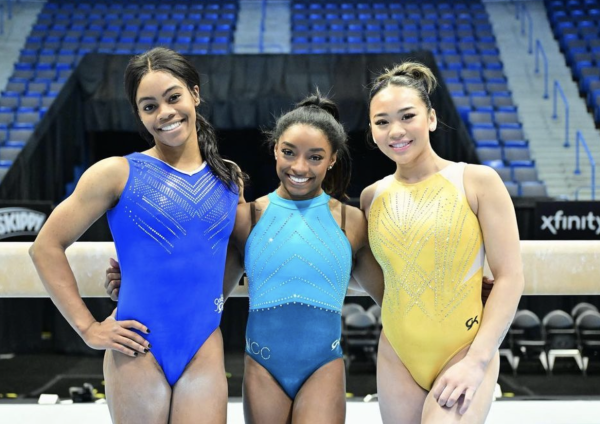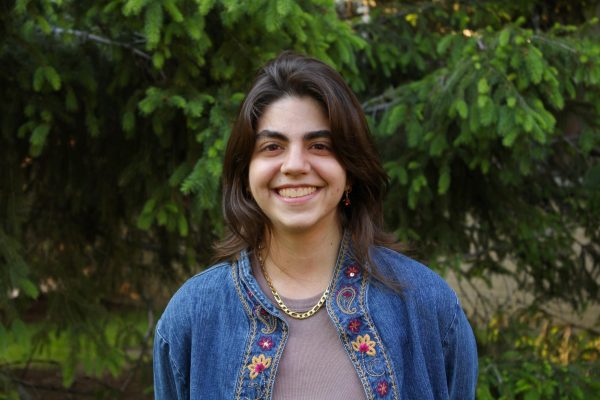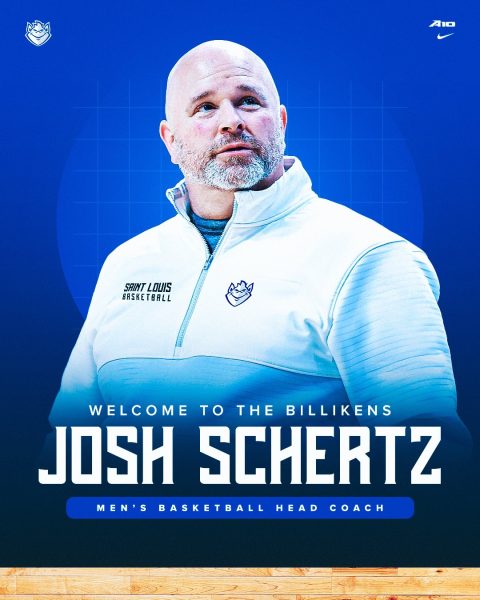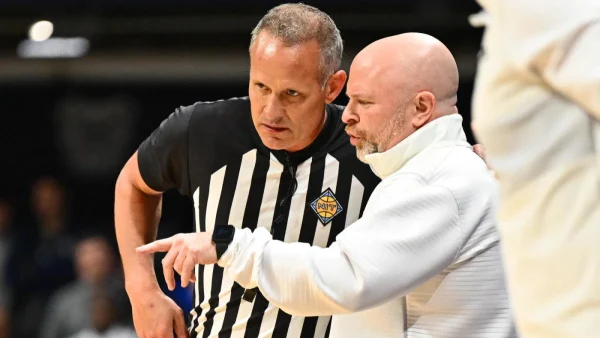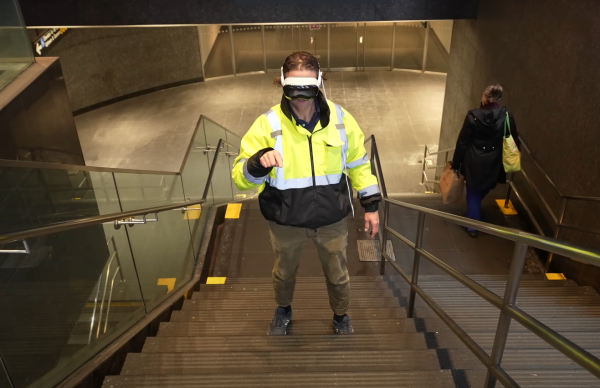A personal introduction to the new DICE VP, Rochelle D. Smith
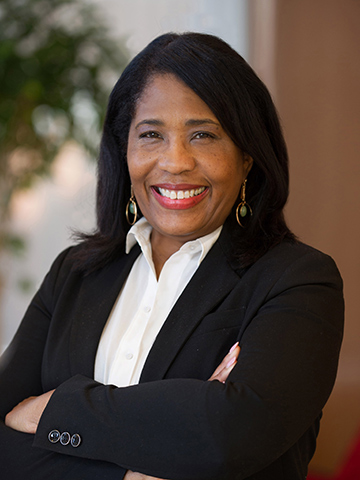
(Photo courtesy of AAMC)
For over 25 years at various institutions, Rochelle D. Smith strived to utilize diversity, equity and inclusion work to help the most marginalized achieve the dream versions of themselves. Now as Saint Louis University’s second Vice President of the Division of Diversity and Innovative Community Engagement (DICE), she aims to do the same .
“Students are at the very core of why I come to work every day, of why I do the work I do…So everything that I do is tethered really to the belonging and the advancement of students who entrust us as an institution with their young lives [and] their young minds,” Smith said.
During her time in college, opportunities were not as accessible to her as they are today. Popularly given to Black women during their youth, she was given choices to be a teacher or a nurse.
“I really [didn’t] want to be a nurse. I went to what was supposed to be an academic advising office, or the precursor to that because we really didn’t have anything like that, and nobody was there,” Smith said.
Despite feeling upset, she realized her passion and calling was to ensure that other students don’t get the same shut door on their faces.
“If ever I have a chance to help a student or anybody really feel more confident or figure out their vocation or their career, especially in medicine I’m going to do it somehow, some way in my life, I’m going to do that,” she decided that day.
Her pivotal professional milestone was when she witnessed data discrepancies during her initial years working as an administrator at the Student Educational Services at Washington University in St. Louis. The department worked to help students from low-income, first-generation backgrounds pursue their desired careers.
As Smith observed data on students pursuing fields in STEM, she discovered that a majority of those students were struggling to pass the gatekeeping courses of chemistry, biology, physics and calculus. It did not sit right with her to know this information and do nothing, primarily because she saw herself in the shoes of these students. Upon getting in contact with those who were addressing the issue, committees and grants started to take place as proactive measures striving to turn the statistics around.
Fast forward three years, the percentage of incoming freshmen wanting to go into medicine went from four to 40 percent, as per Smith. As a diversity practitioner, she was passionate about changing the landscape of STEM from being “woefully underrepresented,” to getting the underrepresented students to the front of the classroom.
With experience working with marginalized students trying to make it in the STEM fields, Smith saw a pattern in their applications. She advised students applying for college, graduate or professional programs to not “just talk about what the school can do for you, but talk about what you’ll bring to the school.” She adds that a lot of students don’t do that because they think, “oh, the school wants to hear about how great the school is,” when in reality, schools want to know how great applicants are.
“We want students to feel celebrated and feel as if somebody cared enough to know them by name and by story,” she says, quoting her mentor at WashU, Dr. Jim Macleod. “We want to know students by name and by story, and that’s ultimately at the end of the day at the core of what we do.”
At SLU, Rochelle is passionate about addressing the needs of students from underrepresented backgrounds in the United States and overseas. When asked about the DICE’s diversity plan of ensuring students from different racial, ethnic, religious and national backgrounds feel included on SLU’s campus, Rochelle commented that her unit defines diversity broadly and acknowledges that everybody has a story. DICE wants to base its work on the different cultures and backgrounds that “adds to the fabric of our institution.”
DICE is working on a project called Home Plate with Dr. Frances Pestello as its ambassador. The program aims at inviting students from all historically excluded backgrounds, of which include low-income, first-generation, Black students, brown students, international students, and share a meal with faculty and staff in their homes so that there is an exchange of “culture, mores, stories and backgrounds [to] sort of cross-pollinate.” The program will be launched Fall of 2023, representing SLU and DICE’s addressing of the marginalization of existence in a pretty large campus.
Rochelle’s nomination to the job was a moment of honor for her. “I was just happy to be considered for the role,” reveals Rochelle. She adds that President Pestello and Provost Lewis were gracious and offered her all the resources she needed as part of the onboarding process.
She has years of personal and professional experience in making it into influential spaces and jobs with her Master’s degree even when at times she said she felt intimidated by those who held advanced degrees. She wants young women of color to have courage, dream and act on it. She asks them to “do it and don’t care… because the thing that you’re a master of is being you… and as you grow in your career, become a student of your approach to things…”
Your donation will support the student journalists of Saint Louis University. Your contribution will help us cover our annual website hosting costs.



